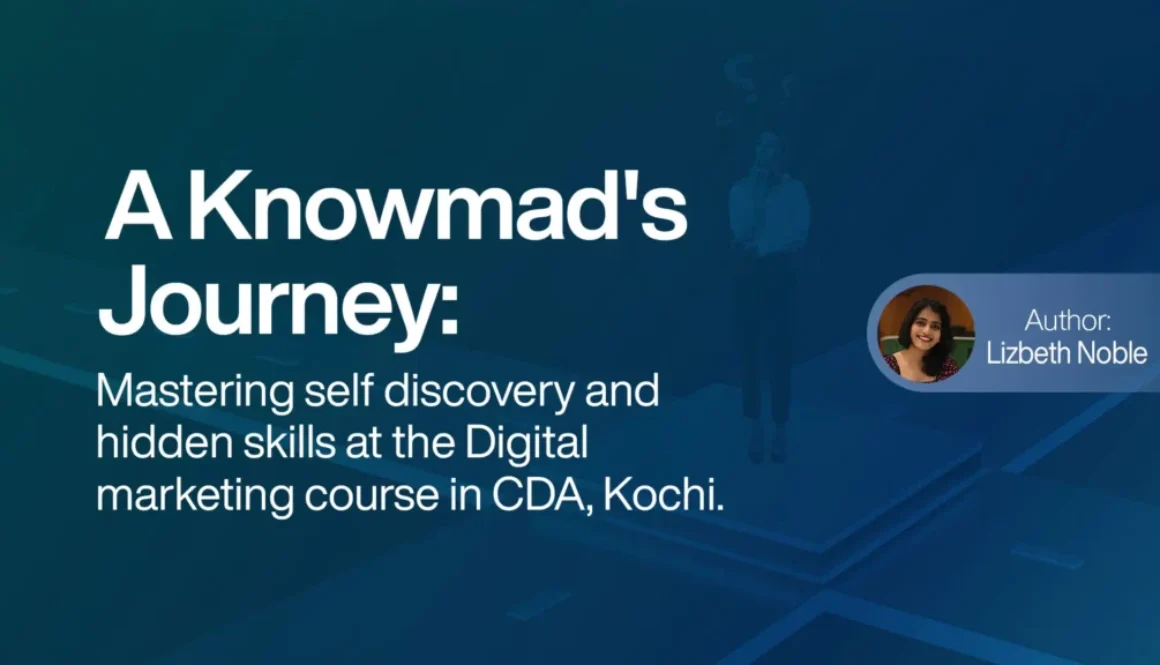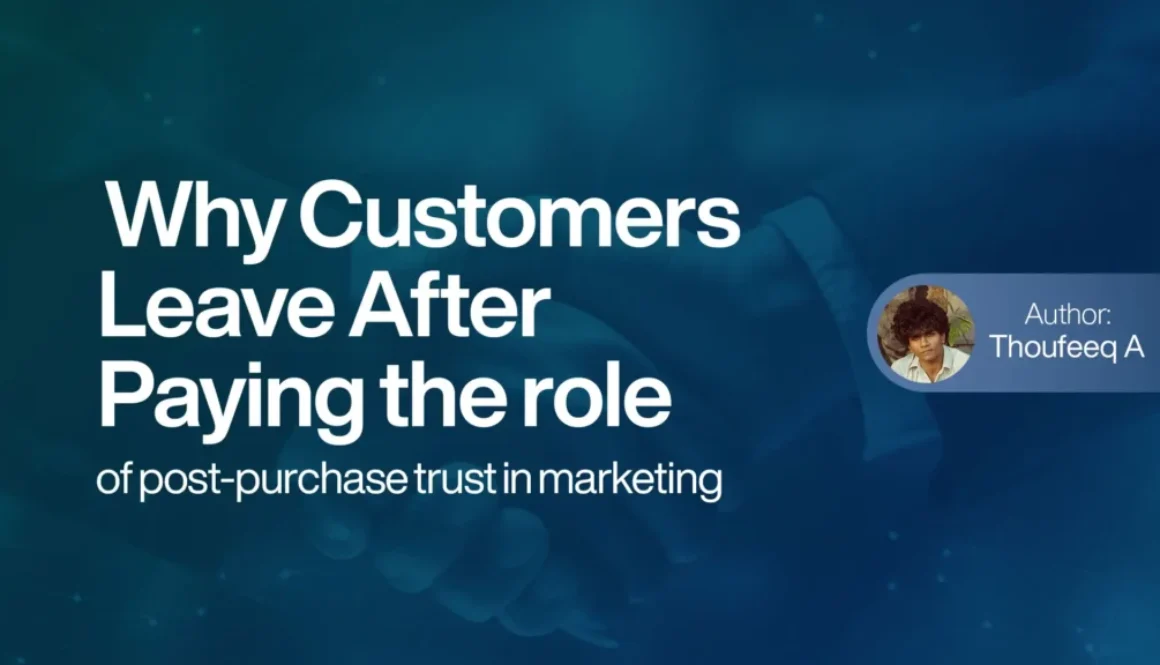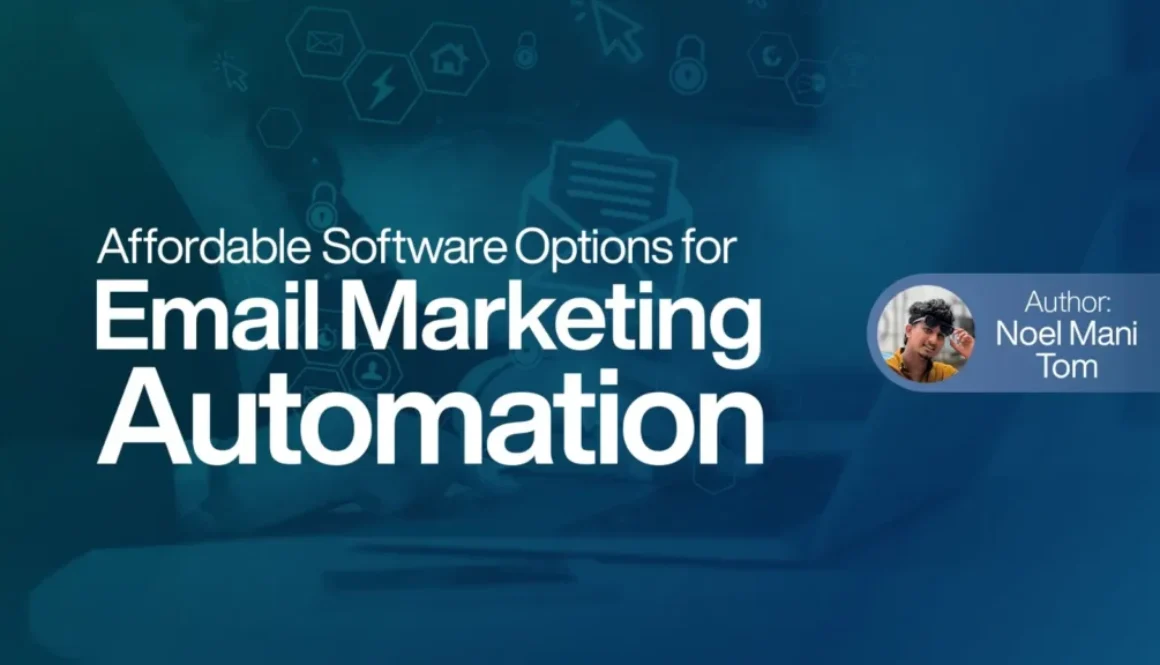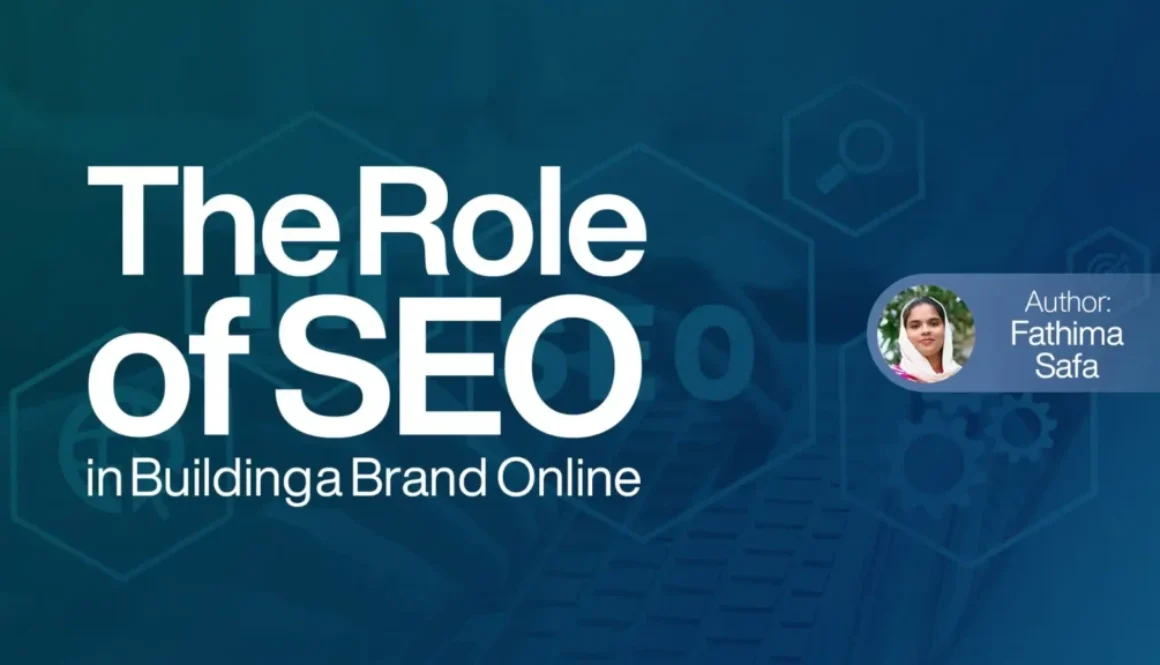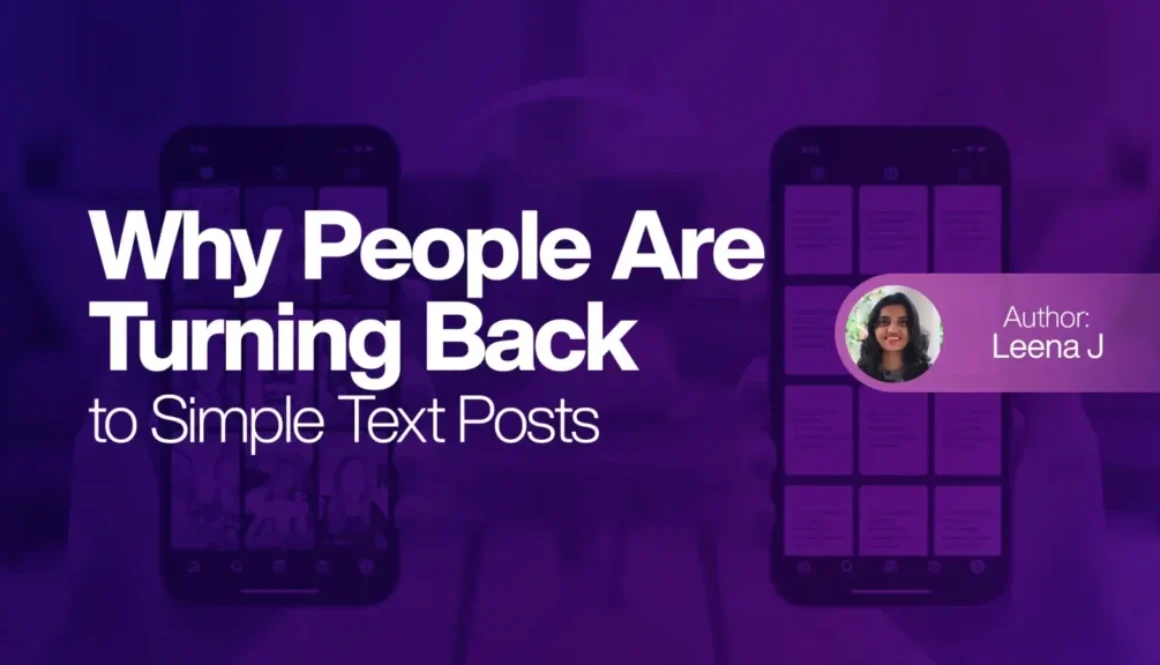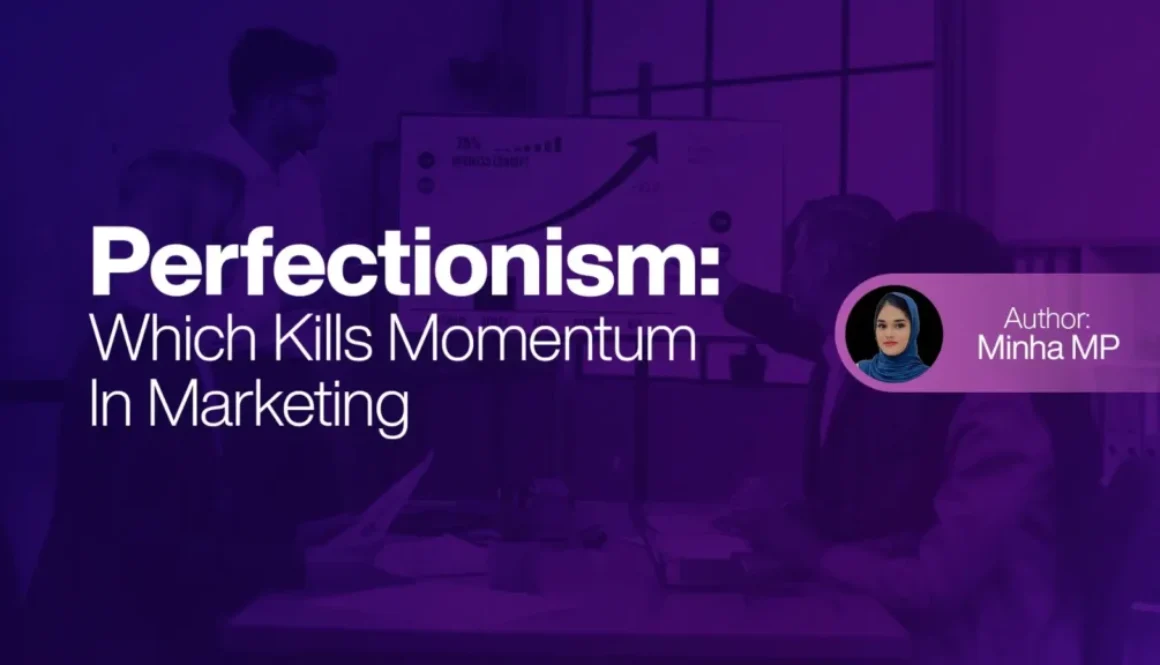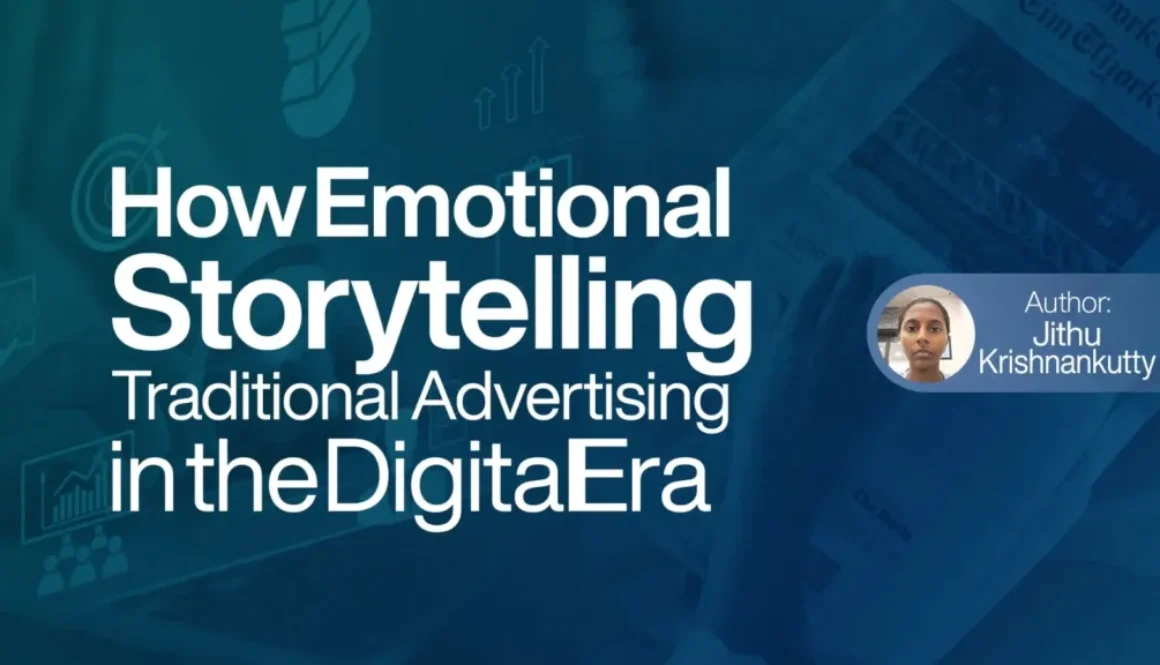A Knowmad’s Journey: Mastering Self-Discovery and Hidden Skills at the Digital Marketing Course in CDA, Kochi
Table of Content
1. Prologue: A Literature Graduate with a Suitcase Full of Curiosity
As a literature graduate, I have always believed that life itself is the greatest text we will ever read: layered, metaphorical, occasionally absurd, and profoundly transformative. My journey to CDA Academy, Kochi, is not merely one of geography or career transition; it is a narrative of becoming filled with experiences, shared laughter, looming deadlines, festivities, and the gentleness that comes from human connection alone.
2. Cartographies of the Self: Mumbai, Chicago, Trivandrum and Finally, Kochi
Before Kochi happened to me, I happened to many cities.
Mumbai taught me ambition with its loud, unapologetic, relentless nature of people and rush of life and the hunger for survival. Chicago broadened my worldview and stillness, reminding me to be present and reminding me that art and commerce often dance together.
Trivandrum offered a meditative escape and introspection.
And then came Kochi, a city that did not ask me to perform but invited me to participate.
Transporting myself across these cities, cultures, and emotional climates, I finally arrived back into a classroom at the age of 30 to join as a curious digital marketing intern at CDA. While most asked if this is another one of my temporary adventures, I arrived at CDA Academy fiercely hopeful. Keeping my mind as a blank slate for now and staying open was an act of faith. Kochi and CDA within it rewarded both of these decisions equally.
3. Of Cameras, Cinema, and the Compulsion to Be Seen
As a photographer and aspiring filmmaker, my relationship with the world has always been visual. I frame stories, chase light, and seek meaning between moments. But art, I soon realised, cannot survive in solitude. It needs an audience, a language, a bridge, and, moreover, people who want to speak the same language as you. The Digital Marketing course at CDA was framed with keeping everyone’s limitations in mind by being extensively welcoming to people of all ages and learning abilities too.
I wanted to understand how to market my brand, my work, and my stories not as hollow commodities, but as conversations with the public. Digital marketing was no longer optional; it was essential. CDA Academy became the compass that helped me navigate this intimidating yet exhilarating terrain.
4. Enter CDA: Where Strangers Become Siblings
The first day as a Digital Marketing intern at CDA was a social experiment disguised as an orientation.
A mixed group, with different ages, backgrounds, professions, insecurities, and strengths, all united by one shared hunger: growth. What began as polite nods and awkward introductions soon evolved into animated discussions, debates, jokes, and collective problem-solving.
The Digital Marketing course at CDA taught me something invaluable: how to work with people across all age groups and walks of life and how to remain grounded despite differences. In learning from other Digital Marketing Interns at CDA, I learned more about myself.
5. Lessons Beyond Laptops.
This diverse cohort became a mirror. Through engaging with others, I understood my own nature. I learned about my leadership tendencies, my silences, my listening skills, my moments of impatience, my capacity for empathy, my level of patience, and my much-needed ability to swallow my pride when it’s time to ask for help.
Working with so many unknown people whom I now call dear friends, and that too working under pressure, revealed truths no textbook ever could. CDA Academy, Kochi, with its wonderfully structured syllabus and intelligent, wonderful mentors in our Digital Marketing course, gently but firmly nudged us to collaborate, compromise, communicate, and coexist. These skills that are profoundly human as well as urgently necessary are not something one can place a price tag on.
6. Pixels, Platforms, and Powerful Possibilities
Now, let us talk about the magic behind the screens.
At CDA Academy, Kochi, someone who knew no coding learned how to build a website.
Someone who feared numbers learned Google Analytics.
Someone who had stage fright presented with confidence and an unshaken voice.
Someone unsure of words learned content writing.
Someone invisible learned how to run ads and be seen through enacting the ads they created. Through the Digital Marketing course at CDA,
We learnt:
- How to run effective Meta ad campaigns
- How to run effective Google Ads
- How to master SEO and SMM in 4 months
- How to understand marketing strategies
- How to leverage social media
- How to write compelling content
- How to create ads that speak, not scream
- How to understand consumer psychology
- How to sell, buy, persuade, and engage
Most importantly, CDA taught us how to use the skills available in the world for our own good, especially in this pivotal moment of AI-driven marketing in the upcoming year 2026. It helped us imagine better career paths and aim unapologetically for better futures.
7. Festivals, Food, and Found Families
What truly transformed CDA into a home was not just learning; it was living.
We celebrated festivals like a family.
Halloween brought costumes and laughter.
Christmas arrived with warmth, lights, and shared joy.
The New Year was all about hope, resolution, and togetherness rolled into one.
Everyday meals became communal rituals. Someone always brought something reminding us of our own homes: snacks, homemade food, and stories. We shared bites, burdens, and belonging. In those moments, we were no longer classmates; we were comrades.
8. Deadlines, Determination, and Doing the Impossible with a Smile
The Digital Marketing course at CDA Academy Kochi prepares you for life as much as it prepares you for work.
It teaches you to:
- Meet deadlines
- Work under pressure
- Collaborate with strangers
- Smile through hardships
- Lend a hand when someone stumbles
- Value teamwork, self-respect, and confidence
The mentors and teachers are extremely knowledgeable, patient, and kind, making learning joyful. They guided us not as instructors above us, but as allies beside us. Together, we grew individually and collectively.
9. A Bubble of Becoming: Why CDA Is More Than an Academy
CDA Academy Kochi is not just an institution. It is a bubble. A world of wonders in and of itself.
Here, you are shaped not just into a professional but into a humane human being. It teaches skills that go far beyond textbooks or metrics; skills of kindness, resilience, curiosity, and courage. To dare to try, to fail, and to have a positive mindset to try again.
It teaches you how to speak, how to listen, how to understand minds, and how to engage effectively.
10. Conclusion: A World of Wonders Called CDA Academy Kochi
This place taught me how to market my art, yes. But more importantly, it taught me how to market myself to the world with honesty, humility, and hope.
For anyone seeking not just a course but a community, not just skills but self-discovery, I wholeheartedly recommend the Digital Marketing course at CDA Academy, Kochi. One of the most beautiful lessons CDA taught us was to smile through hardships. Life isn’t always easy, & during our time there, we all faced personal challenges, academic struggles, & moments of doubt. But the academy culture encouraged resilience, optimism, & mutual support. When someone was going through a tough time, there was always a friend ready to lend an ear, offer practical help, or simply sit quietly & provide comfort.
This created an atmosphere where vulnerability was okay & asking for help was seen as strength, not weakness. Self-respect & confidence weren’t taught through lectures, but they were built through experiences. Every small victory, every challenge overcome, & every moment of support received or given added to our sense of self-worth. CDA created opportunities for everyone to shine, whether through academic achievements, creative projects, sports, or leadership roles. This helped each student in my class discover their unique strengths & value as an individual while remaining connected to the larger community.
CDA doesn’t just prepare you for a career; it doesn’t just throw you into an abyss of corporate malfunction like most academies do, but it prepares you for a LIFE well-lived, surrounded by people who care about you & equipped with the tools to make a positive difference in the world by leveraging your skills to the best of your abilities. And what else can one ask for than this! In times of advancement of all things ‘artificial,’ the greatest education is learning how to be human, and CDA teaches that beautifully.
